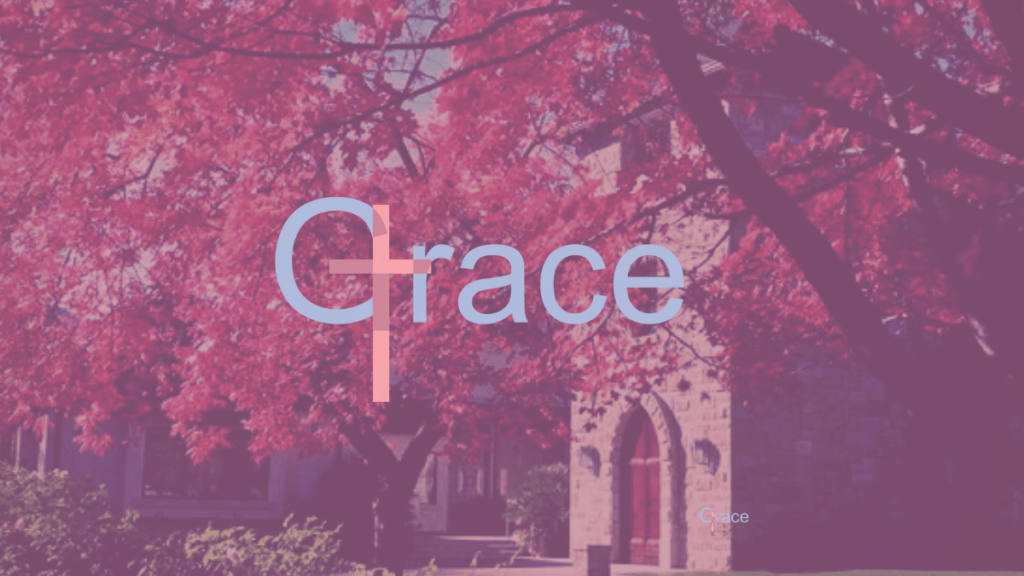
Dear Grace,
With eager anticipation, Donna and I look forward to returning to you all this coming weekend. I am grateful to the vestry for allowing me to take care of events scheduled prior to the invitation to come to Grace this summer. Initially those included a week’s Convocation with a religious community to which I am their Bishop visitor, and, of course, the General Convention to be held in Baltimore. We thought we were able to double up in Baltimore and spend some time with our daughter and granddaughter out there.
Out of precautions for mitigating COVID infection, the General Convention reduced the number of participants, and asked retired or resigned Bishops like me not to attend, but to support prayerfully from home. Nevertheless, we still drove to Baltimore and fulfilled our grandparental duty; and tried to keep up with the debates and decisions of the General Convention as it happened. It will be the responsibility of your diocesan deputies to make a full report to the Diocese on their experience, as well as your Bishop who now moves on to the Lambeth Conference in Canterbury. We look ahead to reading those reports and seeing how they might influence life and ministry at Grace.
I must say that I have not heard much reference to diocesan thinking during my first few weeks among you. And that does give me cause for reflection on how the various levels of ministry between congregations and the Diocese impact one another. What I am sure about is that you as a community of the baptized have a lot to contribute to the wider Church and may be we could explore what I mean by that in the next few weeks.
So what can we learn from the decisions and discussions of the 80th General Convention as indicators of where we are as a Church wide body? Clearly the ongoing commitment of recent years to reckon as a Church with our racial history was endorsed both by the resources provided in the new budget that will take The Episcopal Church to its next Convention in 2024; and by the number of resolutions related to issues like carrying out a racial audit on leadership, the creation of an Episcopal Coalition on Racial Equity and Justice; researching of our interaction with Indigenous Boarding Schools; and providing more independent guidelines for Indigenous dioceses to elect their own bishops. The House of Deputies also elected two persons of color as President and Vice-President in Julian Ayala Harris, the first Latina to be elected President, and Rachel Tabor Hamilton, the first Indigenous person as Vice-President.
Other resolutions reaffirmed our stances as a Church on social issues, as in resolutions calling for the ability of all women to reproductive and abortion services; on strengthening our advocacy for gun safety laws at the state level; and providing a staff position within the Episcopal Church structure for coordinating LGBTQI and women’s ministries. There was also a resolution encouraging family leave at the diocesan and congregational levels. Gun safety had been very much on the minds of deputies because of the mass shooting at St Stephen’s Episcopal Church Vestavia Hills in the diocese of Alabama. The St. Stephen’s tragedy was underscored by an incident that happened outside the Convention center where the Convention was occurring in which a driver was killed in an altercation with a squeegee car window washer at an intersection.
As a Church that orders itself around the concept of common prayer, it was no surprise that prayer book revision occupied the House of Bishops for a couple of days. In particular, what does it mean to talk about being centered around a Book of Common Prayer in a digital age? How do we hold to the discipline of an authorized liturgy when we have so many options beyond the printed page? The House of Bishops ended its time developing a statement on the urgency of responding to climate change, and by holding table conversations on the role of the Church in dealing with the acrimony and divisiveness of our world and society. I am sure that these latter issues were both warm ups to conversations the Bishops will be having on the global stage at Lambeth in a few weeks’ time.
Covid played its part in forcing the Church to make choices as to what was most essential to address at this time. As we reach the halfway stage of our time together during this sabbatical, I am wondering if COVID has not brought to the surface the most essential questions we need to address in our work to reconnect and renew. I would like to know your thoughts on this and invite us to commit the next couple of months in seeking to articulate and address them.
+ Bishop Alan Scarfe

Recent Comments